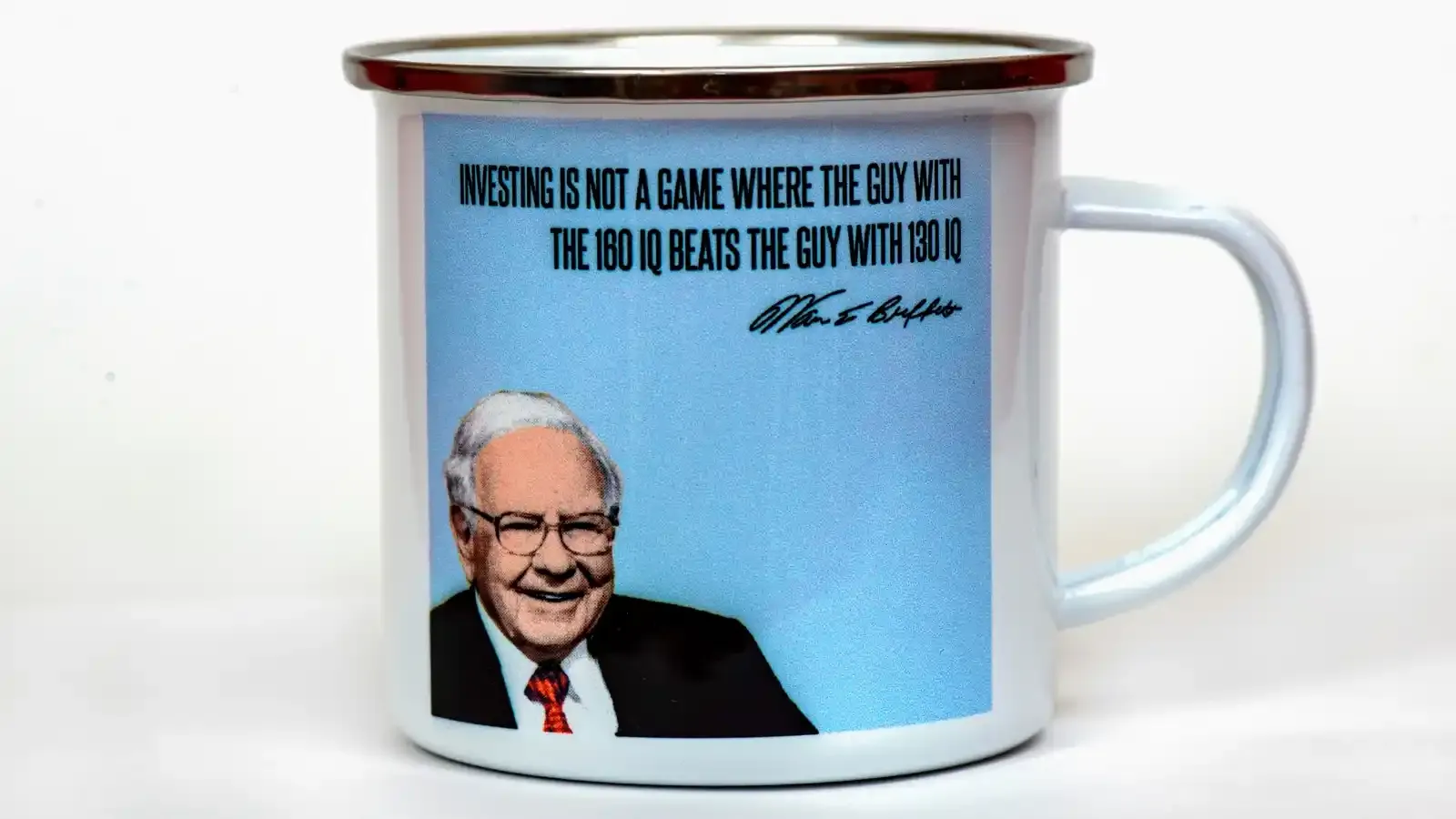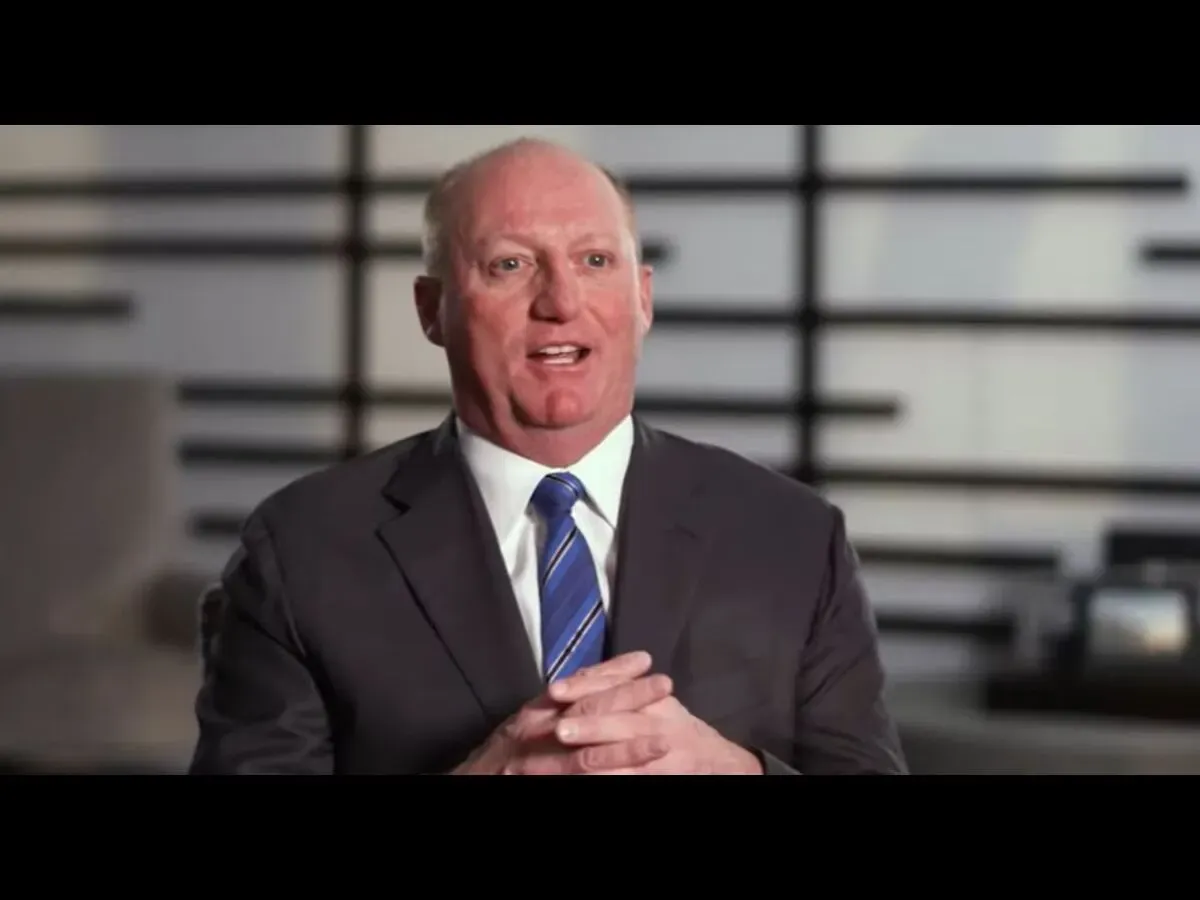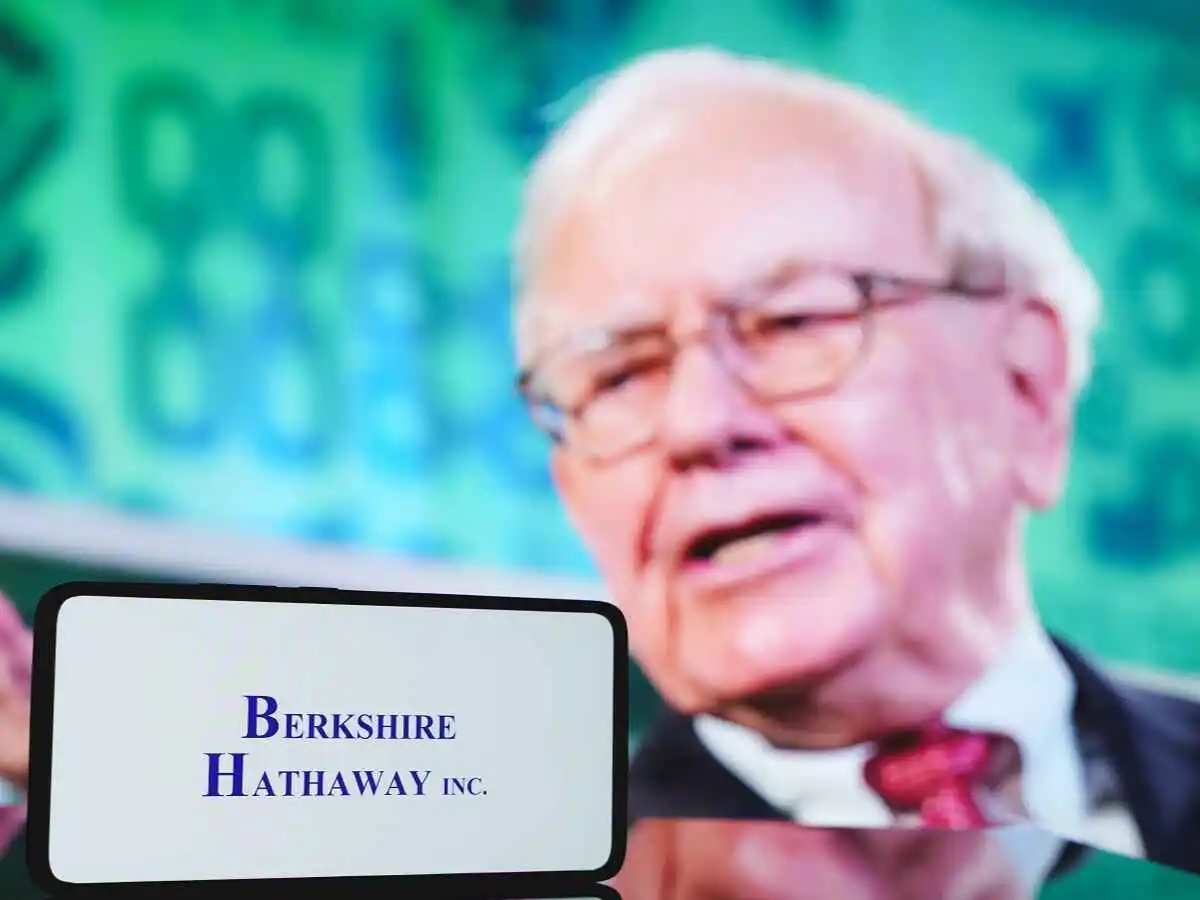Personal Finance News
Warren Buffett's last letter to shareholders: 4 money lessons on wealth, risk, and kindness from the Oracle of Omaha

7 min read | Updated on November 11, 2025, 15:00 IST
SUMMARY
In his farewell letter to Berkshire Hathaway shareholders on 10 November, the 'Oracle of Omaha' announced that he will stop writing annual reports and speaking at meetings.

Key takeaways from Warren Buffett's last letter. | Image: Shutterstock
Warren Buffett's last letter: Warren Buffett’s letters to Berkshire Hathaway shareholders are famous for their wisdom and humility. In his final letter, Buffett reflected not only on business and investing but also on philanthropy, wealth transfer, and personal finance.
In his farewell letter to Berkshire Hathaway shareholders on 10 November, the 'Oracle of Omaha' announced that he will stop writing annual reports and speaking at meetings. He reflected on his life, sharing childhood experiences, his time in Omaha, and life after turning 90.
“I will no longer be writing Berkshire’s annual report or talking endlessly at the annual meeting. As the British would say, I’m “going quiet.” Sort of,” he said.
He offered insights that go beyond corporate performance, guiding how to think about money, legacy, and giving. The following highlights some of his personal finance key lessons, quoted directly from his letter.
4 money lessons on wealth, risk, and kindness from Warren Buffett
"Today, Warren E. Buffett converted 1,800 A shares into 2,700,000 B shares in order to give these B shares to four family foundations: 1,500,000 shares to The Susan Thompson Buffett Foundation and 400,000 shares to each of The Sherwood Foundation, The Howard P. Buffett Foundation and NoVo Foundation."
"My unexpected longevity, however, has unavoidable consequences of major importance to my family and the achievement of my charitable objectives."
"To improve the probability that they will dispose of what will essentially be my entire estate before alternate trustees replace them, I need to step up the pace of lifetime gifts to their three foundations."
"Early on, I contemplated various grand philanthropic plans. Though I was stubborn, these did not prove feasible. During my many years, I’ve also watched ill-conceived wealth transfers by political hacks, dynastic choices and, yes, inept or quirky philanthropists."
Buffett underscores that thoughtful, timely philanthropy ensures both impact and family harmony, and that waiting too long can lead to complications or mismanagement.
Buffett stresses careful planning for wealth transition and family readiness:
"Fortunately, a course correction is easy to execute. There is, however, one additional factor to consider: I would like to keep a significant amount of “A” shares until Berkshire shareholders develop the comfort with Greg that Charlie and I long enjoyed."
"All three children now have the maturity, brains, energy and instincts to disburse a large fortune. They will also have the advantage of being above ground when I am long gone and, if necessary, can adopt policies both anticipatory and reactive to federal tax policies or other developments affecting philanthropy."
"Ruling from the grave does not have a great record, and I have never had an urge to do so."
This highlights the importance of preparing heirs responsibly and structuring estates to ensure both financial effectiveness and peace of mind.
Buffett reflects on the realities of business volatility and long-term resilience:
Here, he teaches patience and perspective in investing, reminding readers that short-term fluctuations are natural but long-term fundamentals prevail.
Buffett also gives timeless guidance on generosity, humility, and gratitude:
"Greatness does not come about through accumulating great amounts of money, great amounts of publicity or great power in government. When you help someone in any of thousands of ways, you help the world. Kindness is costless but also priceless."
"Remember to thank America for maximising your opportunities. But it is, inevitably, capricious and sometimes venal in distributing its rewards."
This emphasises that true wealth lies in impact and kindness, not simply in financial accumulation, and that gratitude and perspective are key components of a meaningful financial life.
Warren Buffett will step down as the CEO of Berkshire Hathaway by the end of this year, with Greg Abel succeeding him.
In his final letter to Berkshire Hathaway shareholders, Warren Buffett reflected on a life spanning 95 years, sharing lessons from business, philanthropy, and personal experience. He announced his retirement as CEO, praised his successor, and offered heartfelt advice to his family, colleagues, and shareholders.
Highlights from Warren Buffett's last letter
Buffett fondly recalled his roots and the city that shaped him. "Looking back, I feel that both Berkshire and I did better because of our base in Omaha than if I had resided anywhere else. The center of the United States was a very good place to be born, to raise a family, and to build a business."
He also recounted a near-death experience in 1938 when he underwent an emergency appendectomy: "After a visit from my family doctor, I underwent an emergency appendectomy, spending three weeks in St Catherine’s Hospital, where I enjoyed the company of nuns."
Buffett’s reflections show gratitude for the community and experiences that shaped his personal and professional life.
Buffett highlighted the profound influence of his lifelong friend and business partner. "Charlie had a huge impact on me and could not have been a better teacher and protective 'big brother.' We had differences, but never argued. 'I told you so' was not in his vocabulary."
This emphasises the value of mentorship, collaboration, and mutual respect in both life and business.
Buffett offered reassurance and encouragement to his three children. "I have assured my children that they do not need to perform miracles nor fear failures or disappointments. These are inevitable, and I have made my share. They simply need to improve somewhat upon what is generally achieved."
His words stress the importance of resilience, continuous improvement, and self-compassion.
Buffett praised his successor and reflected on the importance of leadership continuity. "Greg Abel has more than met the high expectations I had for him when I first thought he should be Berkshire’s next CEO. He understands many of our businesses and personnel far better than I now do, and he is a very fast learner about matters many CEOs don’t even consider."
"I can’t think of a CEO, a management consultant, an academic, a member of government, you name it, that I would select over Greg to handle your savings and mine."
This underscores the critical importance of trust and careful succession planning in business leadership.
Buffett shared his perspective on mistakes, improvement, and admiration for role models:
"One perhaps self-serving observation. I’m happy to say I feel better about the second half of my life than the first. My advice: Don’t beat yourself up over past mistakes – learn at least a little from them and move on. It is never too late to improve. Get the right heroes and copy them."
The letter gives a unique glimpse into the mind of one of the world’s greatest investors.
Related News
By signing up you agree to Upstox’s Terms & Conditions
About The Author
Next Story



